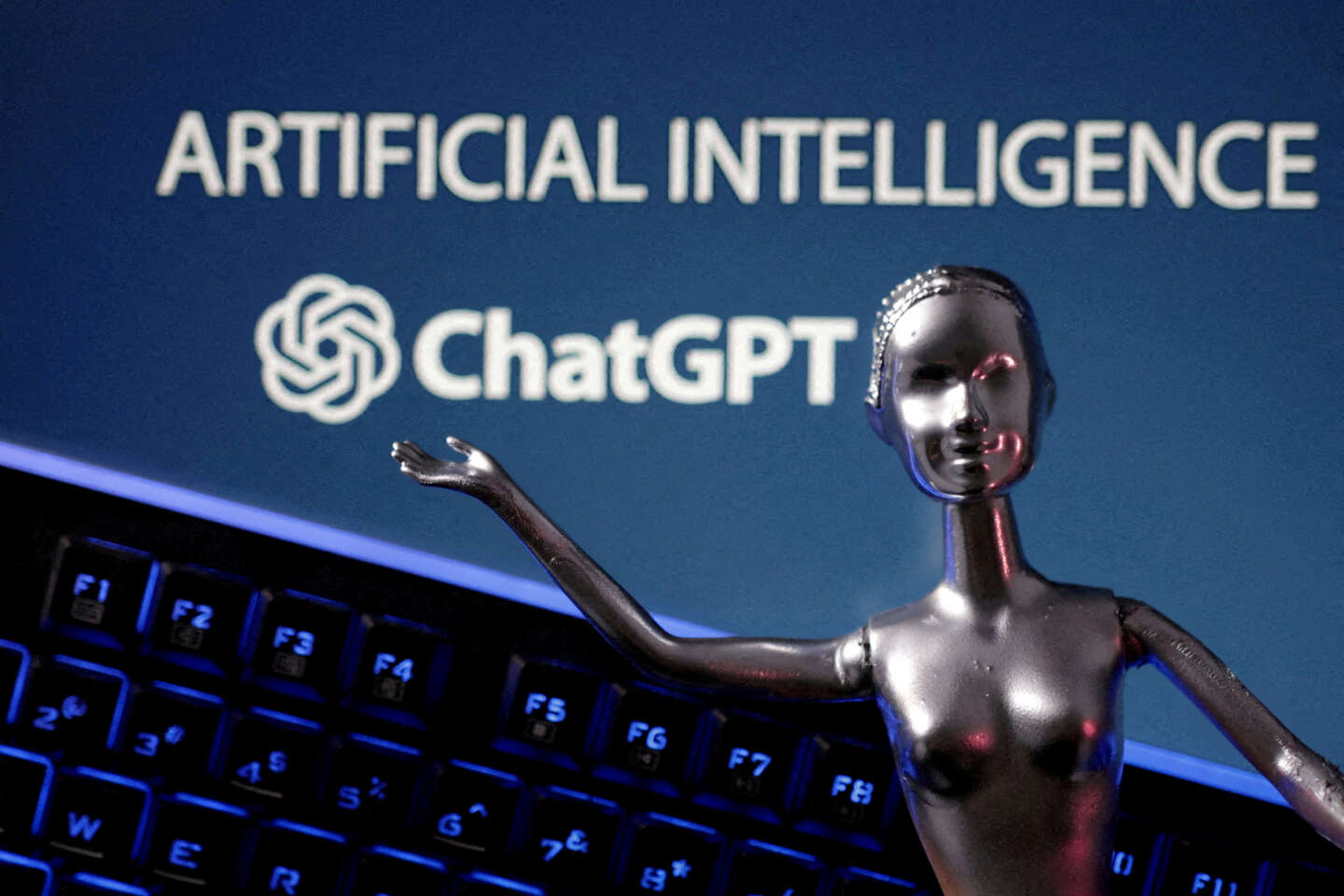


The European Union's (EU) AI Act has been moving forward, step by step, but one thing has remained the same: France has maintained its critical stance towards this European regulation bill on artificial intelligence (AI). "There are a few points that still appear to us to raise problems," as explained by French Economy Minister Bruno Le Maire's staff. This was the message French representatives conveyed at the Wednesday, January 24, meeting of the Council of EU member-states.
However, the legislative process for the AI Act is almost complete: On Friday, February 2, countries are expected to vote on ratification of the act. Despite this, Paris has been keeping up the pressure: "France's position has not yet been finalized," sources at the economy ministry have said, leaving the vote in doubt and raising major concerns among the cultural industries.
Since June 2023, France has repeatedly argued that certain provisions of the bill could stifle innovation and hinder European AI start-ups – like France's Mistral AI, LightOn or Hugging Face, which seek to compete with the American companies OpenAI or Google. Paris has maintained its critical stance, despite the political agreement cemented on December 8, 2023 in Brussels between the EU Parliament, Council and Commission.
A last stand?
"It's not a good idea to regulate foundational models more than other countries," President Emmanuel Macron said at the time, referring to large software programs that are capable of creating text or images, on which services such as the chatbot ChatGPT rely. France's economy ministry has since sought to influence technical meetings to fine-tune the act. Yet, despite these ending on Friday, January 19, Paris has remained on the offensive.
What are the points that still pose a problem for France? "On copyright, which is an essential subject, we need to find other ways of ensuring that it is respected, without making the manufacturing secrets of AI models public," said Le Maire's staff. According to the bill, manufacturers will have to publish a "sufficiently detailed summary" of the data used to train their software. This should enable copyright holders to check whether their texts or images have been included therein, so that they can have them removed or negotiate remuneration.
However, after companies such as Mistral AI complained about having to reveal their "manufacturing recipes" to their competitors, a reference to respect for "trade secrets" was introduced. "It's a step in the right direction," said sources at the French economy ministry, which had pushed for this change. "But we'd like to see a little more change, for example, in terms of application." France would like the data summary to be shared only with a "trusted third party," such as the future "European AI Office." This office would provide information to copyright holders upon request. France had already raised this idea at the end of December 2023, to no avail.
You have 55% of this article left to read. The rest is for subscribers only.
